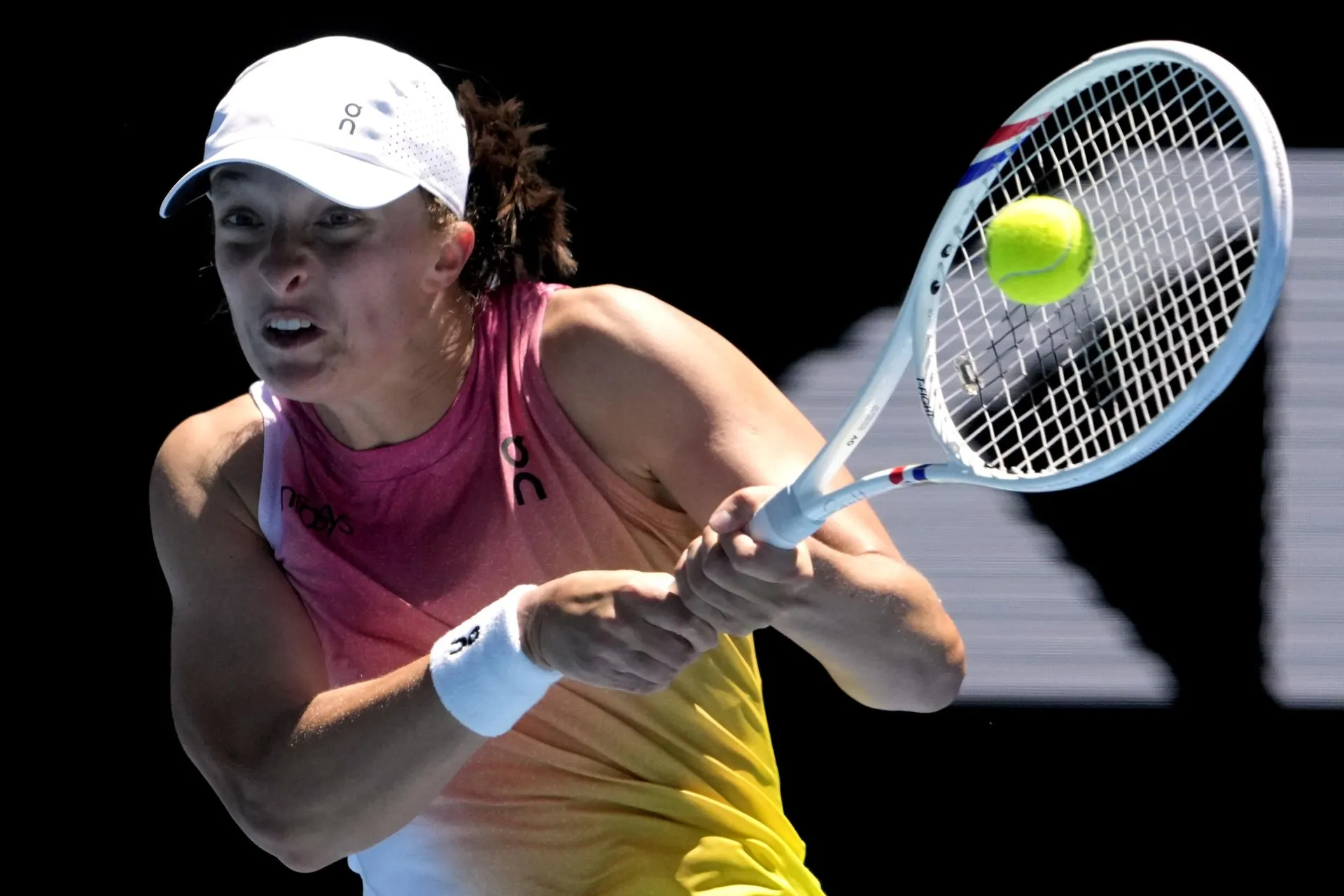Caroline Garcia Speaks Out: The Dark Side of Tennis and Cyberbullying
Caroline Garcia, a prominent French tennis player and semifinalist at the 2022 US Open, has recently brought to light a troubling issue that plagues the sport: cyberbullying. Following her unexpected defeat to Renata Zarazúa at the US Open, Garcia found herself on the receiving end of a torrent of hateful messages on social media. This incident has reignited a crucial conversation about the emotional toll that online abuse can take on athletes, particularly in a sport where public scrutiny is part of the territory.
Garcia’s experience is not an isolated case. After her loss, she received hundreds of derogatory messages, including threats directed at her family and disparaging comments about her performance. In her own words, Garcia described the online abuse as “damaging,” emphasizing the need for greater awareness and action against such behavior in the sports community. This highlights a significant gap in support for athletes who face the brunt of public criticism and online harassment.
The issue of cyberbullying in tennis has gained traction, with fellow players like Coco Gauff joining Garcia in voicing their concerns. Gauff noted that this is a widespread problem within the sport, reflecting a broader societal issue that affects many public figures. The tennis community is beginning to recognize the impact of social media on athletes’ mental health, with increasing calls for more resources and support to combat online harassment.
Garcia’s advocacy sheds light on the darker side of professional sports. Athletes are often seen as public figures who must withstand scrutiny and criticism, but Garcia reminds us that they are also human beings striving to do their best. She expressed particular concern for younger players who may lack the coping mechanisms necessary to deal with online hate. This raises questions about the protective measures in place for these athletes, who are vulnerable to the pressures of public life.
In addition to the emotional toll, Garcia pointed out the role of unhealthy betting practices in exacerbating the issue. She suggested that partnerships between tournaments and betting companies contribute to the pressure and harassment players face. This connection between betting and online abuse is a crucial aspect that warrants further investigation, as it could lead to more comprehensive solutions for the mental well-being of athletes.
The Women’s Tennis Association (WTA) has acknowledged the problem, stating that player safety is a top priority. They are actively working to educate players about online abuse and have implemented measures to filter abusive content on social media. Several Grand Slam tournaments have begun utilizing artificial intelligence to protect players from harmful messages, but many believe more needs to be done.
Garcia’s message has resonated with many in the tennis community, garnering support from peers like Madison Keys and Jessica Pegula, who have shared their own experiences with online threats. This collective response underscores the urgency of addressing cyberbullying not just as an isolated issue in tennis, but as part of a larger trend of online harassment faced by public figures across various fields.
The conversation surrounding cyberbullying in tennis is indicative of a broader societal challenge. In an age where social media dominates, the pressures faced by athletes can lead to severe psychological effects. Garcia’s advocacy is a reminder that empathy and understanding are crucial, as athletes navigate the complexities of their public personas while dealing with the emotional fallout of online abuse.
In conclusion, Caroline Garcia’s brave stand against cyberbullying sheds light on a critical issue within the world of tennis and beyond. As athletes continue to face the harsh realities of public scrutiny, it is imperative for the sports community and society at large to foster a culture of respect and support. Garcia’s call for empathy serves as a poignant reminder that behind every athlete’s performance is a human being deserving of kindness and understanding. The time for action is now, and the collective response from the tennis community is a crucial step toward creating a safer environment for all athletes.






Leave a Comment